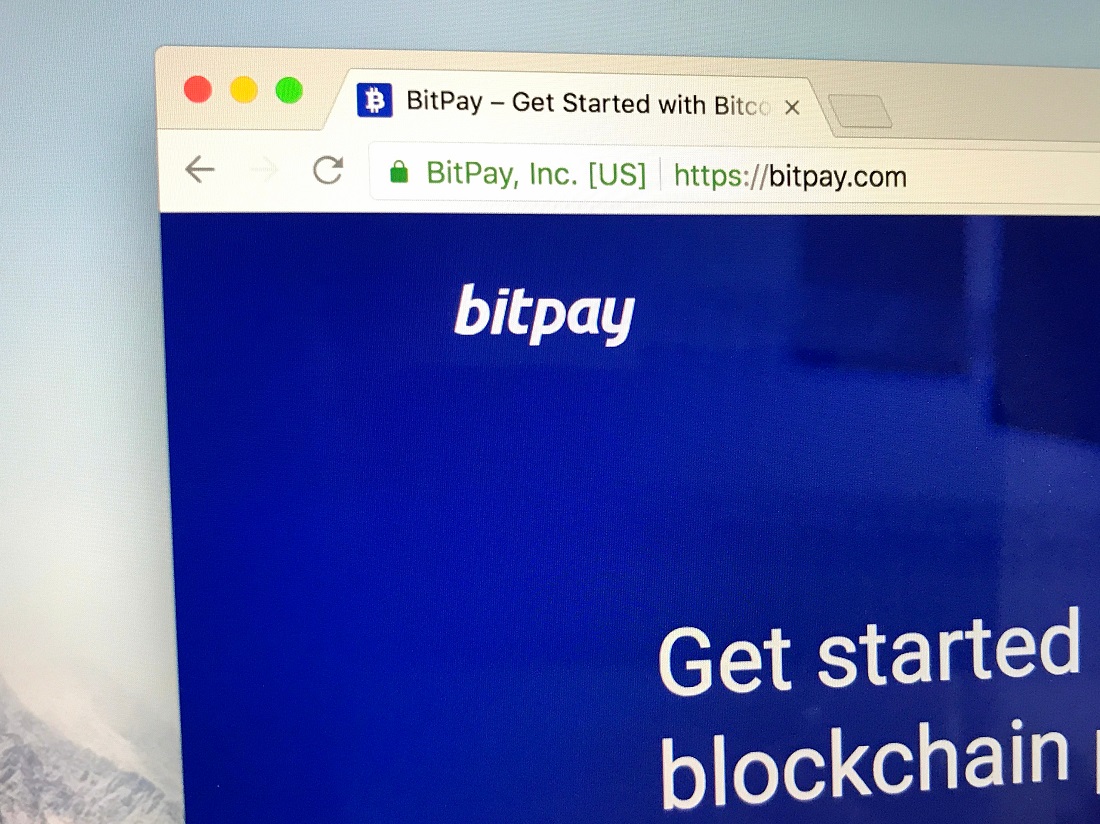2020-2-26 23:26 |
Quick Read:
The New Zealand Inland Revenue Department is calling for a revision of current Goods and Services Tax laws that are unfavorable to the crypto sector. Issues of whether to treat different crypto assets differently have arisen as they all have different features.
The New Zealand government has held discussions in a bid to revise the Goods and Service Taxes applied to cryptocurrency. This would mean that cryptocurrencies exchanging ownership would be liable to a 15% GST and end up double taxing as they would still be keen on applying the income tax.
The revenue authority Inland Revenue Department (IRD) has come to acknowledge that the tax rules in place cannot be applied to cryptocurrencies. This is because they don’t fall into the same framework that was designed for currency, shares, debt and equity securities.
“Because of their innovative nature, they will often also have different features to these other investment products.”
Should different tokens have different GST terms?They are, however, in a bit of a crunch, as they have yet to decide on whether or not they will have different GST treatment for the different types of crypto-assets. With current laws being a bit unfavorable to the sector. This is because of the nature of various tokens, it makes it even harder to classify. The list includes payment tokens, utility token, security token, asset token, and hybrid token are all very different in nature.
They are however confident that simplifying the laws could make it attractive to crypto investors who would open job opportunities and further technological developments in New Zealand.
There is also the question of how to treat situations where the exchange of ownership in crypto assets has occurred with an individual that is not living in New Zealand.
“The supply of a crypto-asset could be an exempt financial service, subject to 15% GST, or a zero-rated supply to a non-resident.”
The authority reckons that there’s a need for change, as the current GST framework in regards to crypto assets is vague, making the sector less attractive for the investors. There’s an April 9th deadline for anyone with varying opinions.
Notably, New Zealand is following the footsteps of their neighbor Australia who revised their GST laws in October 2017.
origin »New Zealand Dollar (NZD) на Currencies.ru
|
|






















